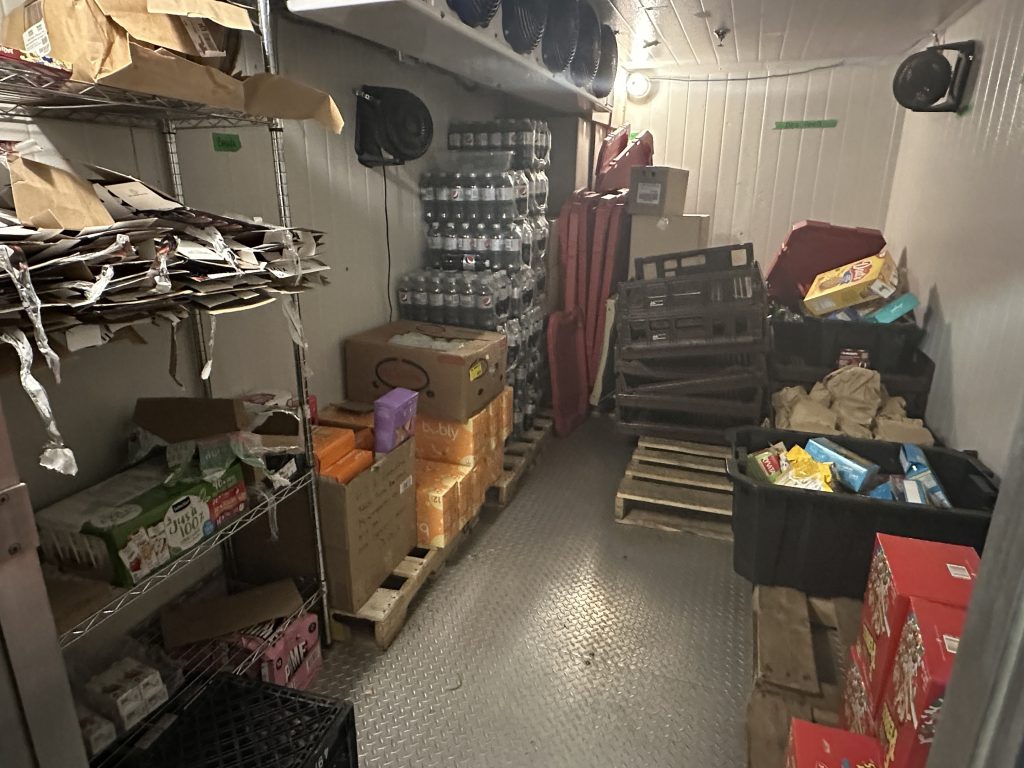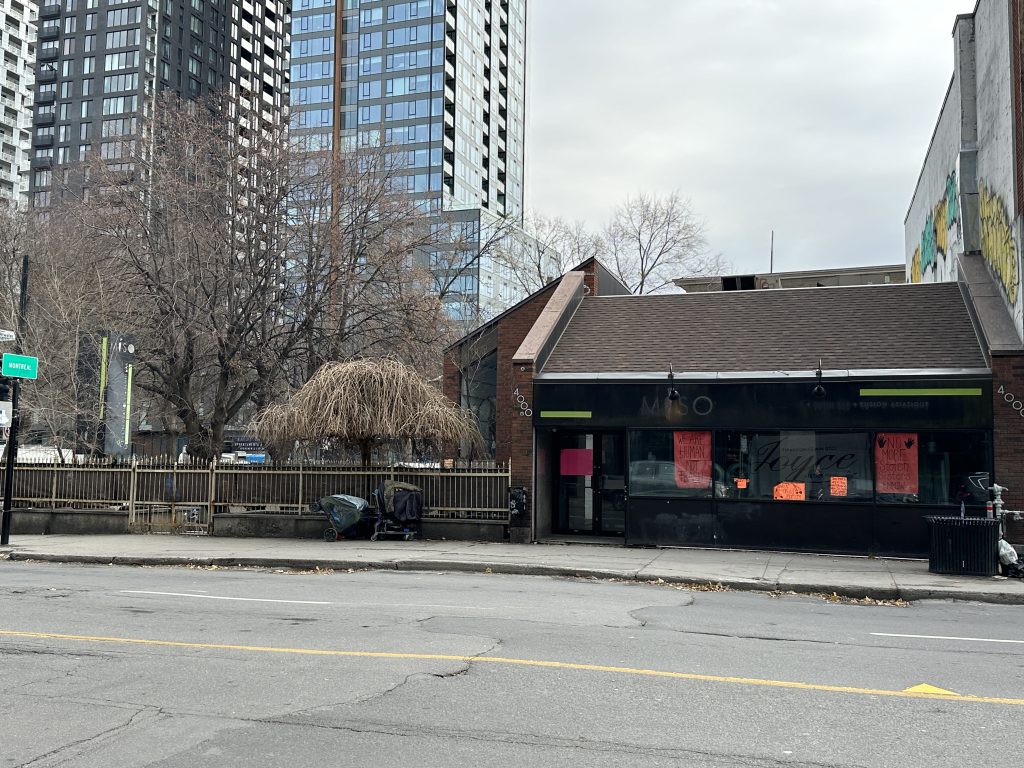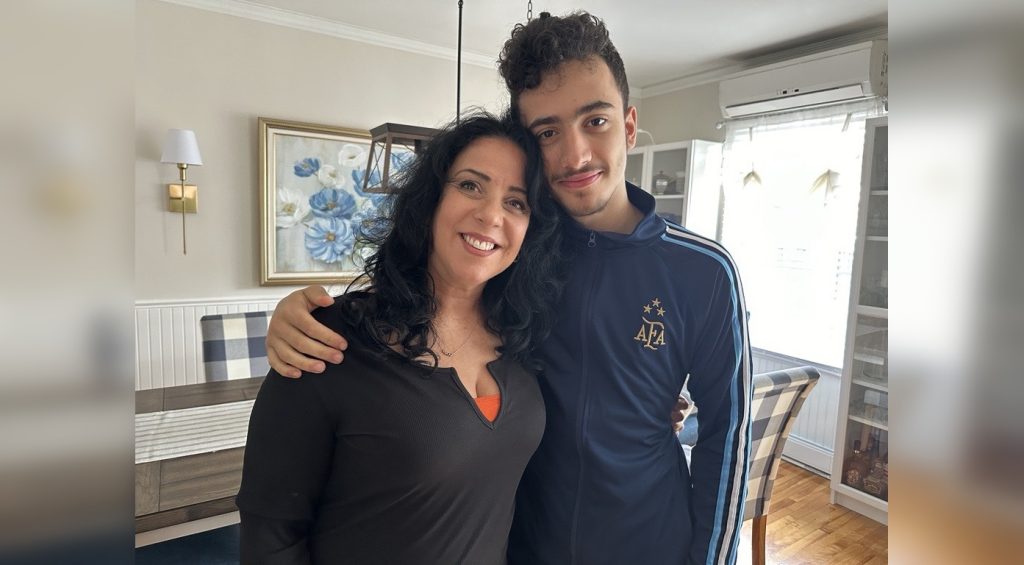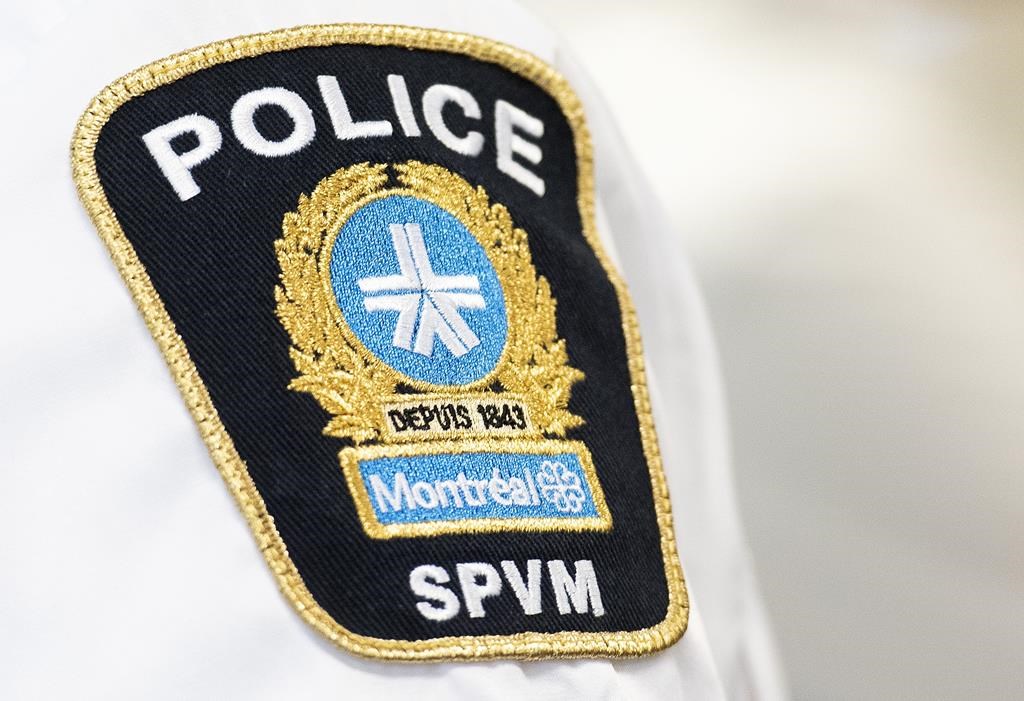Resilience Montreal shelter says it is in urgent need of funding and risks shutting down
Posted November 29, 2023 2:41 pm.
Last Updated November 29, 2023 7:10 pm.
Resilience Montreal shelter located across the street from Cabot Square in downtown Montreal says it is in urgent need of funding and, if not, risks shutting down.
“We see it as not being an option to close because of what it would mean. It means women who’ve been raped or assaulted not getting the follow-up they need. It means people not eating or getting a decent place to rest. It means people who need mental health follow-up, not getting it. What it can mean is a significant increase in the death rate among the homeless population,” explained David Chapman, the Founder and Executive Director of Resilience Montreal.
In an open letter to the City of Montreal, Resilience Montreal – which serves a mainly Indigenous populations – says the demand for services has gone up by approximately 33 per cent since Chez Doris nearby has had to close its day shelter for a few months.
“When you have an important organization like Chez Doris that closes their doors, everyone ends up at Resilience Montreal. So we’re really concerned about the need that we’re seeing here,” said Nakuset, the Executive Director of the Native Women’s Shelter of Montreal and the Founder and Director of Development and Philanthropy at Resilience Montreal.
They say the number of clients using their services has grown from about 250 daily to 350.
“With that increase is a significant increase in costs. We pay approximately $20,000 a month for rent and $45,000 for food. So that’s $65,000 before you’ve paid even one staff person. And, before you’ve started looking into things like socks, underwear, cleaning supplies, hygiene products,” added Chapman.
The shelter is asking the City of Montreal for $500,000 in funding for basic needs such as food, shelter, clothing, and worry without it they may be forced to shut down for the holidays.
“We’ve had meetings, we’ve sent in all the paperwork, we’ve met with different foundations, the work is done, we have to wait, but there’s a lapse, and through that lapse, there’s enormous amounts of people that come in. Resilience is struggling,” Nakuset added.
They say the situation is particularly dangerous for the Indigenous women they serve, especially as Chez Doris – a shelter for vulnerable women nearby – has temporarily shut its day shelter in September.
The Iskweu Project – an initiative by the Native Women’s Shelter of Montreal which works with Resilience Montreal at addressing the missing and murdered Indigenous women and girls crisis – says that since the closure of Chez Doris they’ve seen an increase in violence towards women in the area.
“We’ve seen an increase in violence and a decline in people’s well-being because they don’t have access to meals, they don’t have a place to sleep. Whenever there isn’t access to a basic need for someone in a really vulnerable spot, like for Indigenous women, there’s always going to be a pimp or man who is violent who’s going to say, I’ll give you a meal, I’ll give you a place to sleep. But the cost is that she faces a lot of violence in exchange for having safety or access to basic needs some of the time. So we’ve seen a lot of that,” explained Laura Aguiar of the Iskweu Project.
Data Iskweu has collected between August 22 and November 8, 2023 shows 13 missing persons cases, 5 hostage/kidnapping situations, 6 human trafficking/sexual exploitation cases, 8 sexual assaults, 24 intimate partner violence cases, and 1 suspicious death. The organizations says it is crucial to provide safe spaces for Indigenous women.
“It’s bad enough that they’re facing so much violence. Then on top of that, the dehumanization of not having anywhere to sleep or eat is really sad,” Aguiar added.
“Why we started Resilience Montreal was because you need a physical space to breathe in. The fact that Chez Doris right now is no longer seeing those that are on the streets, it leaves a large gap of services, and it gets really dangerous. Cabot Square is worse than I’ve ever seen it right now. When you are needing a safe space to get away from violence, you need another location,” Nakuset added.


In statement the mayor of Montreal’s office said “The crisis of vulnerability continues to hit Montreal and cities across Quebec. Needs are greater than ever, organizations are stretched to the limit and everyone is mobilized to find additional solutions in anticipation of the winter season that is just around the corner. We received a request from Resilience Montreal on Friday afternoon, and are extremely sensitive to their call for help. We will be contacting the organization and liaising with the health network to see if a solution can be found quickly.”
“We’re doing the best that we can. We’re also asking the community to help and support us. I’m doing a fundraiser on December 17th. We’re asking people to donate food, clothing. If you can imagine being on the streets, what would you need? Please donate it to us,” Nakuset said.
With files from Anastasia Dextrene



